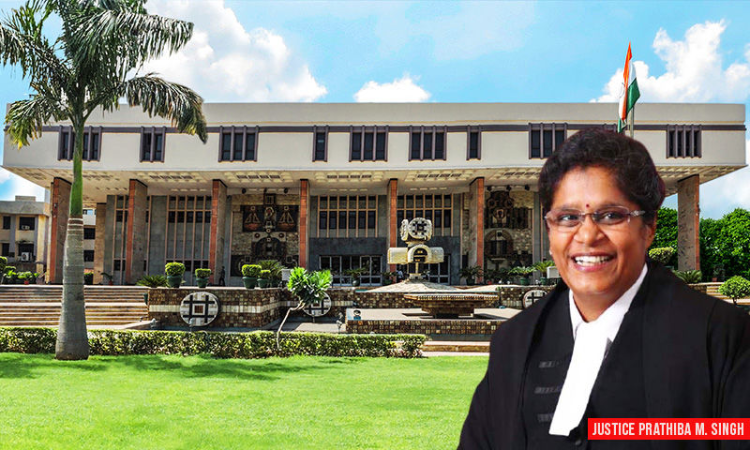Surrender Of Accused Under Extradition Proceedings Cannot Be Processed Until Finality Of All Criminal Proceedings Against Him In India: Delhi HC
Nupur Thapliyal
10 April 2021 11:46 AM IST

The Court held that the grant of bail or the permission to travel abroad in pending cases/ FIRs would not be covered by the phrase “discharged, whether by acquittal or on expiration of his sentence or otherwise” under sec. 31(1)(d) of the Extradition Act, 1962.
Next Story


